Photo: Alexandra Moreau, 2020. |
CENTENNIAL INSTITUTE
The Winnipeg Foundation’s Centennial Institute is a legacy initiative that endeavours to enrich the study of Canadian and Indigenous history.
The importance of human rights as part of our collective identity, the creation of a civil society and the underlying philanthropic values that characterize our city and province are all important elements of the past that have relevance to the present. Supporting those with interest in the life and times of earlier generations is an opportunity to not only tell the story of Canada but also to include the heritage of all Canadians whose many diverse social and cultural backgrounds shape our national identity. The Centennial Institute aims to make the study of history more inclusive.
Alexandra Moreau, a grad student in University of Manitoba’s Faculty of History, has received a Centennial Institute scholarship to support her examination of folklore as a way or preserving Franco-Manitoban culture.
“Making history more inclusive, is what draws me to it,” the 26-year-old said of studying history.
Moreau’s father is Franco-Manitoban, and the Université de Saint-Boniface graduate closely identifies with this culture.
Prior to 1870, the majority of Manitoba’s population was francophone. This changed quickly with immigration and by 1890 francophones represented just 10 per cent of the population. The Official Language Act of 1890 made English the only official language of Manitoba, which meant services were offered solely in English. All Catholic schools – which were the only ones which offered education in French – were defunded.
The Act was ruled unconstitutional in 1979 by the Supreme Court of Canada. However, by that time much damage had been done to the French culture in Manitoba, Moreau explains. That’s where her thesis comes in.
Folklore, which can encompass oral traditions, material culture and customs, was how some of the Franco-Manitoban culture was preserved. Moreau’s focus is on oral tradition: how stories are transmitted and preserved through generations.
“Folklore has always been part of my childhood; I was always being told stories by my grandparents or my parents.”
As an historian, Moreau feels a responsibility to ensure our shared history is representative.
“We have a very long history of Canadian history being considered European settler history. And now, being a new generation of historians, [we] are having to write and correct it and say, ‘No it’s not just white European settler history; it’s the history of Indigenous peoples. There is a long history in Canada that predates contact.’”
The Centennial Institute’s Interim Steering Committee is currently refining its mission and defining the governance structure. Twelve graduate level scholarships are already in place. The Centennial Institute Endowment Fund will provide ongoing discretionary revenues to support related projects.



